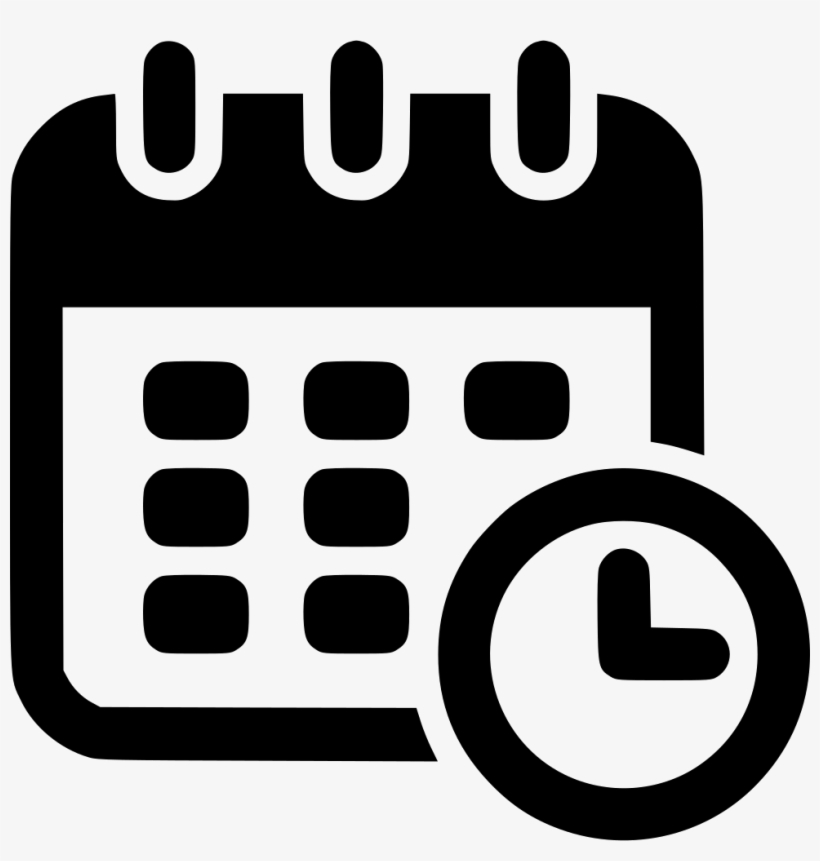What is a grant budget?
A grant budget might also be called a “budget summary,” “budget request,” or “budget overview” depending on your funding source. A grant budget specifically tells the funder what you are requesting money for and how the funds will be spent. It is not a lump sum.
Where should you begin budget planning?
• Check your funding body’s budget requirements. Most funders have a range they would like proposals to fall into; going over and under are common ways to find your proposal dismissed without further consideration.
• Make sure what you are requesting falls into categories approved by the funding body. For example, if they will fund requests for supplies and personnel, but not travel, you cannot include the cost of traveling to a field work station, renting transportation, or the cost of living while doing your field work. Asking for something a funding body specifically says it will not provide will get your proposal dismissed.
• Be realistic. Shop around for the equipment with the best prices; asking for high-end may raise eyebrows during reviewal.
• Be thorough. If you forget something when you submit your proposal, you will not be able to go back and ask for more money later. Time your take and consider everything you need.
• Include funding from other sources, if available. Demonstrating you have current funding or are applying to several bodies will give reviewers more confidence you will get the complete funding you need, thus making the whole project more likely to succeed on the whole. In other words, your proposal will seem less “risky” to fund.
• Make sure what you are requesting falls into categories approved by the funding body. For example, if they will fund requests for supplies and personnel, but not travel, you cannot include the cost of traveling to a field work station, renting transportation, or the cost of living while doing your field work. Asking for something a funding body specifically says it will not provide will get your proposal dismissed.
• Be realistic. Shop around for the equipment with the best prices; asking for high-end may raise eyebrows during reviewal.
o Exceptions:
• The items you need are unique, and no other company supplies them. (Make sure this is stated in your request.)
• You need a specific make and model, and other versions made by other companies will not do. Again, make sure you explicitly lay out why you need the specific item rather than alternatives. When you explain why you need a given item, you are more likely to be considered. Budget justifications almost always accompany the budget itself.
• You need a specific make and model, and other versions made by other companies will not do. Again, make sure you explicitly lay out why you need the specific item rather than alternatives. When you explain why you need a given item, you are more likely to be considered. Budget justifications almost always accompany the budget itself.
• Be thorough. If you forget something when you submit your proposal, you will not be able to go back and ask for more money later. Time your take and consider everything you need.
• Include funding from other sources, if available. Demonstrating you have current funding or are applying to several bodies will give reviewers more confidence you will get the complete funding you need, thus making the whole project more likely to succeed on the whole. In other words, your proposal will seem less “risky” to fund.
How do I validate my budget request?
Once you have planned out your budget and researched costs, you should have a fairly strong idea of how much you need, and why. Use a spreadsheet to visualize the budget and check that all your figures add up. Once you do, you can begin to explain why you need certain items. Including the salary for a field tech is great but give the reviewers the details. If you hire a tech for 20 hours a week, what would you be able to accomplish that you could not otherwise? What will those extra 20 hours allow you to do? These are the questions reviewers will ask themselves, so do not leave them guessing – make it explicit in your request how each item plays a role in the overall success of your proposed project.
Below is an example that includes cost as well as some explanation how each number was determined.

Finally, make sure your narrative and your budget are aligned. If certain materials are discussed in your proposal but do not appear in your budget, make sure you note how those materials will be obtained; if you already have them, make sure to mention it to be comprehensive. Alternatively, if you have items that are in your budget but are never discussed in your proposal, reviewers are going to question your level of detail and ability to oversee a project.
Lastly, if you can, ask a colleague or a professional to look over your grant before you submit. Not only will they help you determine if your grant has any weak points, but they will also be able to tell if you your budget makes sense given the project you are proposing. Alternatively, you can seek professional Grant Editing to increases chances of attaining funding. Remember, a fresh mind provides an outside perspective, which can be very helpful in a project as multimodal as crafting a grant.



 Dr. Danny M. D’Amore, Publications and Marketing Specialist
Dr. Danny M. D’Amore, Publications and Marketing Specialist
 March 2021
March 2021 Previous Article
Previous Article